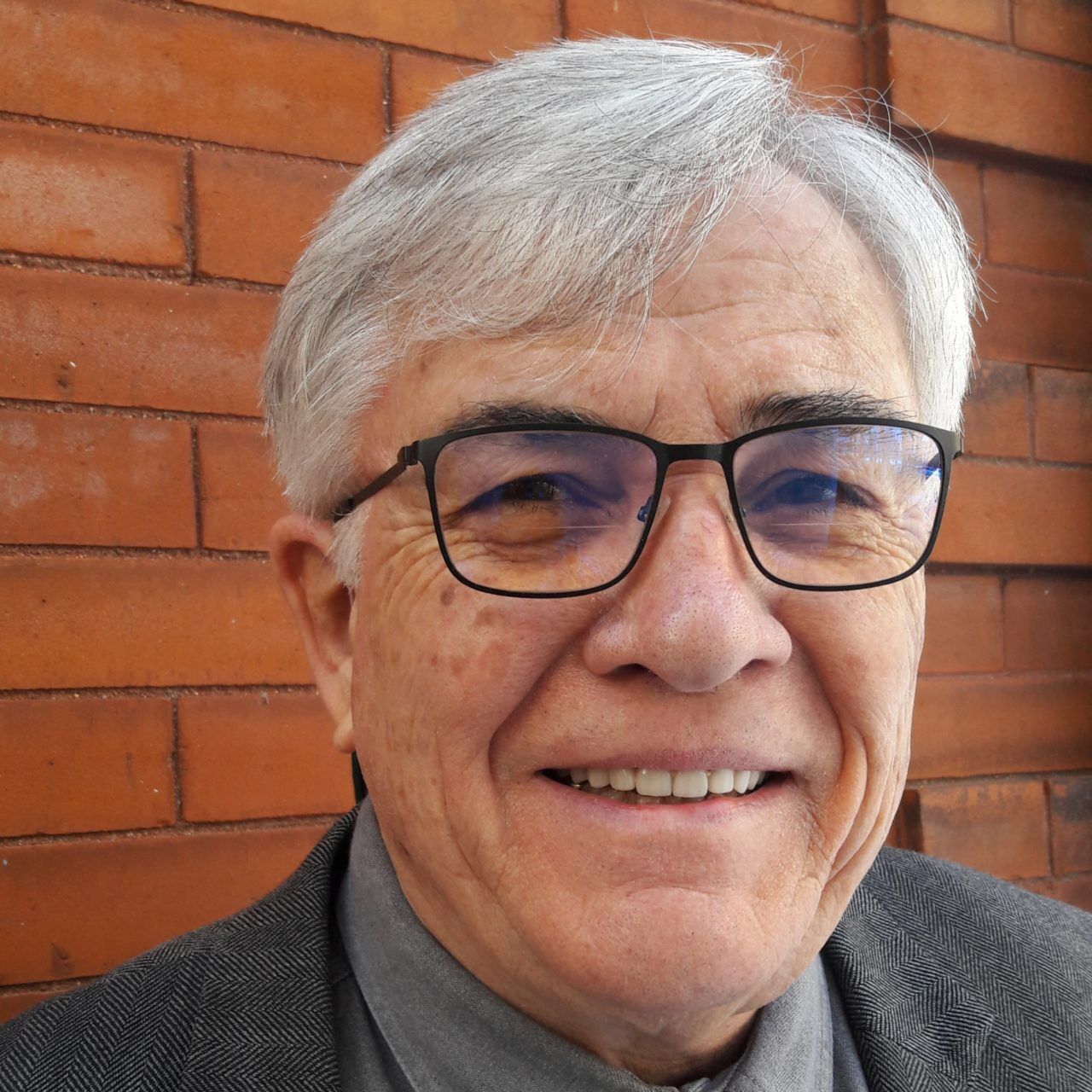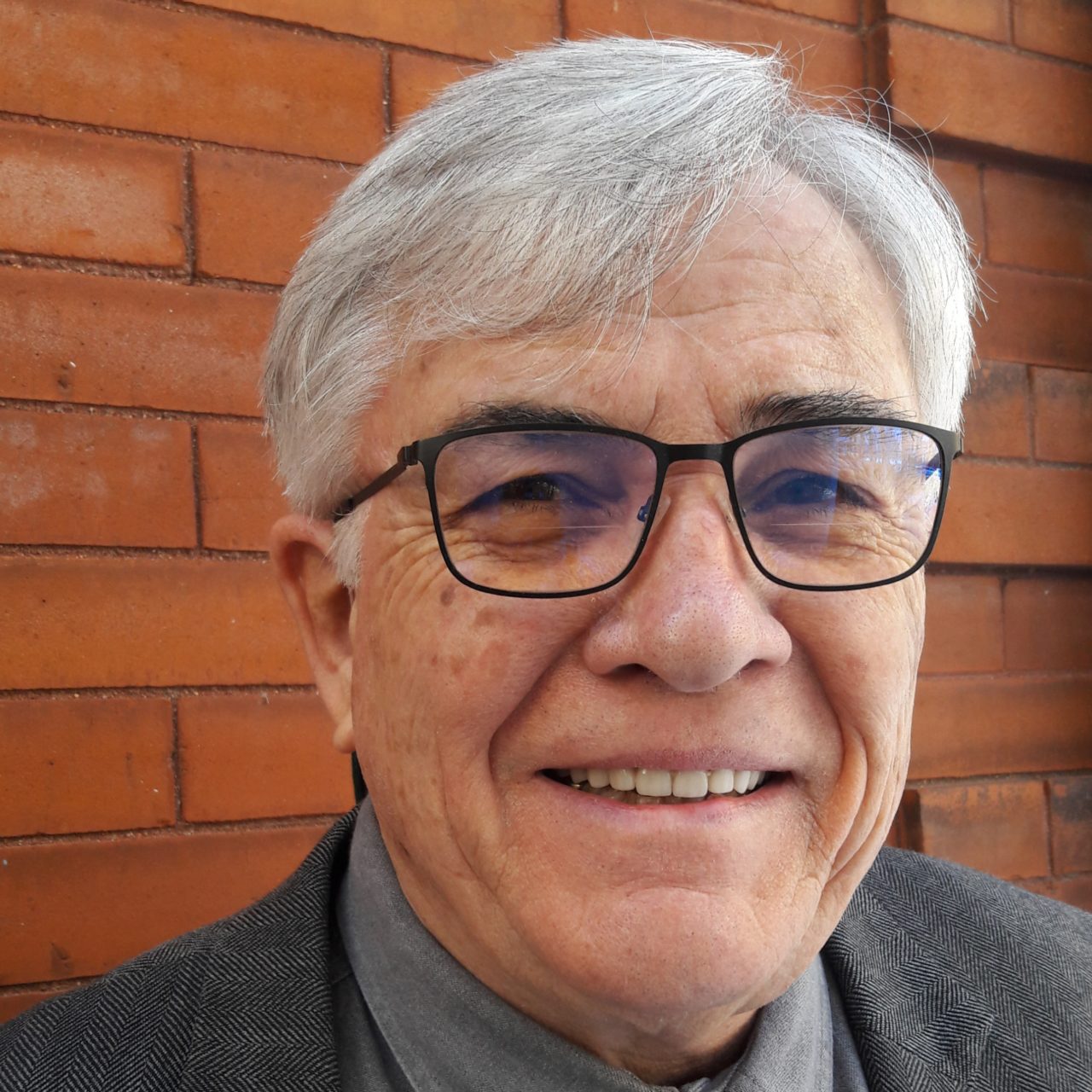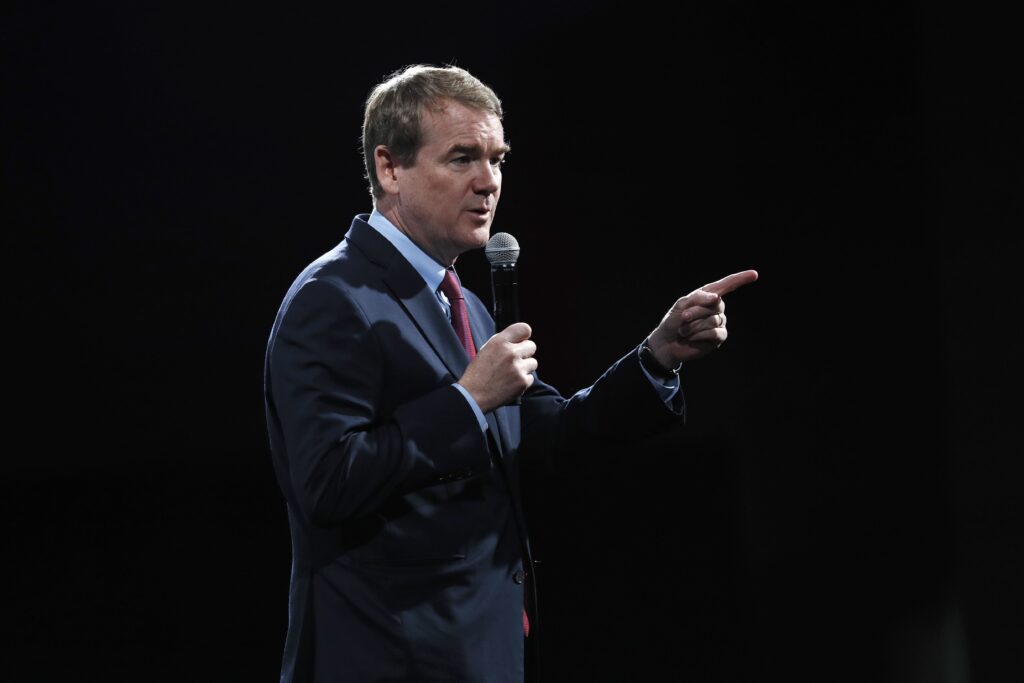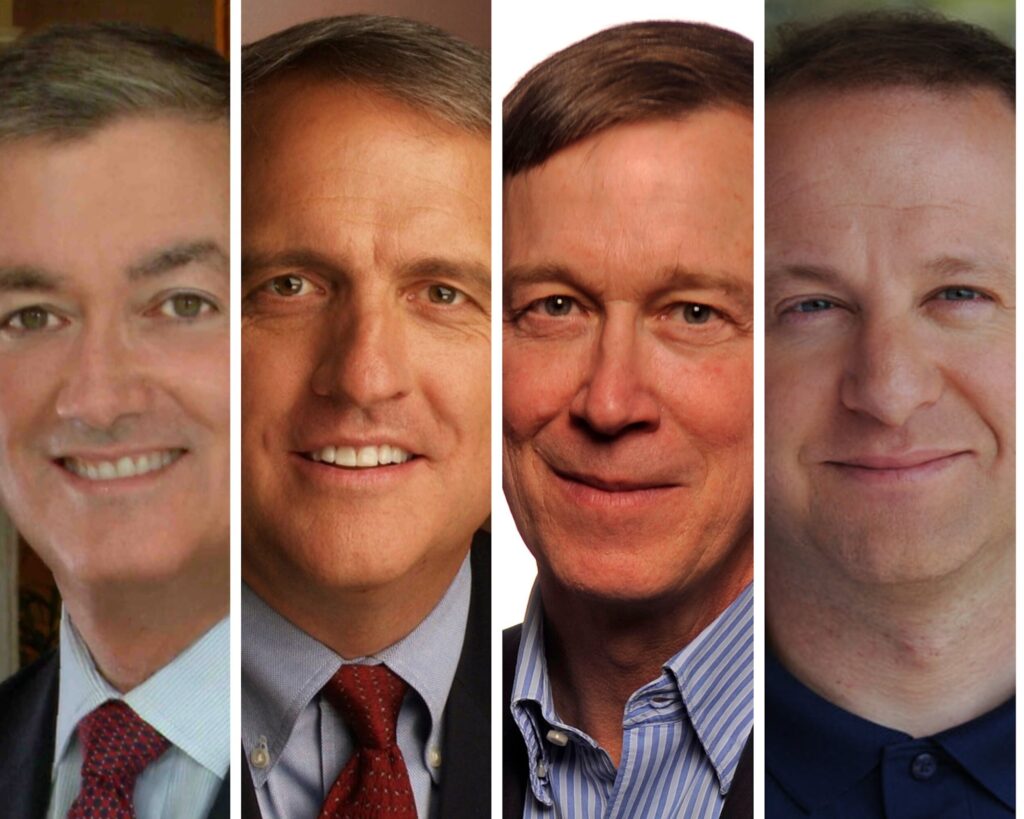HUDSON | Colorado’s monoclonal mess


The phrase, “your call is important to us,” is the most frequent lie we are told. If our calls were actually important, a human being would answer them. That individual would also be familiar with American vernacular and speak to us without an indecipherable accent. But, because our calls aren’t important to the organizations and businesses we attempt to reach, they prefer to save a nickel on each contact by outsourcing their conversations with customers, applicants and residents together with technical support inquiries to workers in third-world call centers. These are usually joyless interactions where thousands upon thousands of nickels justify such insulting arrangements.
Closely related are the byzantine prompts that guide our journeys through voicemail hell. Following a robotic assurance our calls are important to the artificial intelligence driving these answering systems, the suggested options often fail to encompass the concerns we wish to resolve. It’s smart to query Google for tips on how to successfully subvert system protocols and reach a human being. Even then it is common to be transferred into yet another circle of automated options that allegedly will match our queries. Frustration bordering on homicidal rage begins to build as any escape becomes increasingly difficult. I often wonder whether corporate CEOs or public-agency directors ever make a call into their own answering systems once it goes on automatic pilot? If they did, they couldn’t help but be horrified.
All the foregoing comes to mind as I contemplate my attempts to schedule a monoclonal antibody appointment following a positive COVID test on Jan. 11. Halfway through my eighth decade and six months removed from open-heart surgery, I was advised I was a prime candidate for this treatment. Then President Trump credited it for reversing his COVID infection. Truth be told, I was experiencing few symptoms beyond a little post-nasal drip and some muscle fatigue. It turned out my doctors couldn’t schedule an appointment for me since the state of Colorado has assumed responsibility for management of the state’s limited inventory of monoclonal antibody doses. (There is an 800 number you can call, blessedly staffed by human beings, and a website that identifies where treatments are available.)
Monoclonal antibody therapy is of greatest value when administered as early as possible after a COVID infection is confirmed. Yet the state website indicated there were no appointments available until the middle of the following week. The young woman I spoke with advised me that availability changed on a nearly hourly basis, as additional doses arrived, and I should check back after lunch. She also provided me telephone contact numbers for three private providers that might have available doses. It wasn’t clear how these private operators fit into the state-operated system, but I was willing to embrace the presumption their supplies were legitimate since the state was recommending them.
As I called each of them, I never reached a human being. Their recorded messages were as follows: (1) “We are currently out of monoclonal antibodies and don’t expect any more before the week of January 17. Please call back then.” (2) “Our supply of monoclonal antibodies is fully scheduled through next week.” And, (3) a voicemail transfer into a mailbox that was full. When I called back after lunch, I learned there were still no appointments available with the exception of a single slot my contact told me would be available in 45 minutes in “Suhleeda,” which was not only mispronounced but which she was apparently unaware would require a nearly 3-hour drive from Denver. I joked that my helicopter was unavailable. Her thick, south of the Mason-Dixon line accent made me wonder if she was even familiar with Colorado. She did offer me a text number for a mobile service willing to travel to my home.
My text was returned by a “concierge medical practice” that doesn’t accept insurance but was willing to administer a dose for $949, paid in cash. (Ain’t capitalism just wonderful?) When my spouse was also determined to be positive on the 17th, despite our best efforts to reside on separate floors, she informed her Kaiser scheduler about my failed monoclonal appointment experience. When they then checked state availability that day, they found the only available appointments over the next week were in Pagosa Springs. All this raises questions of who has been filling up Colorado’s treatment schedule and is the program reaching those who are most seriously ill? With my minimal symptoms, I had no desire to seize a dose that could be directed to someone requiring hospital care, but that doesn’t seem to be what is transpiring.
Perhaps someone on the Governor’s staff should try to schedule an appointment as a quality control test? Are 5G transmissions interfering with the Public Health Department’s automatic pilot? Is anyone checking?
Miller Hudson is a public affairs consultant and a former Colorado legislator.












